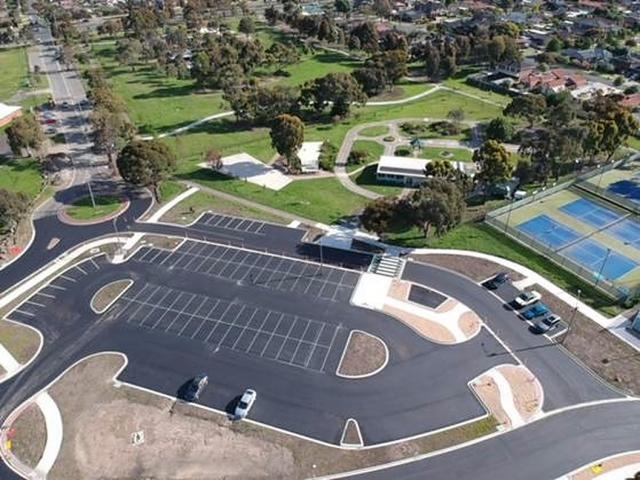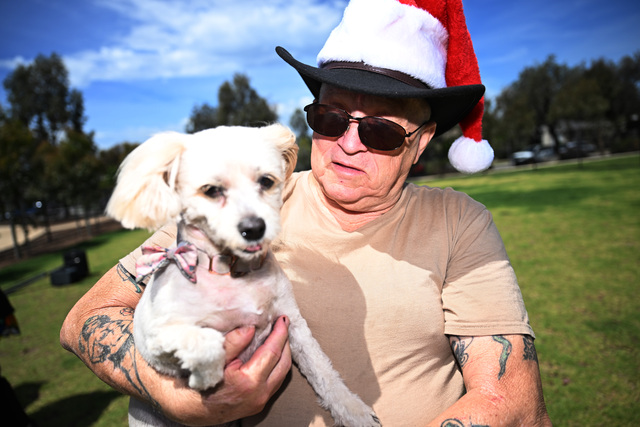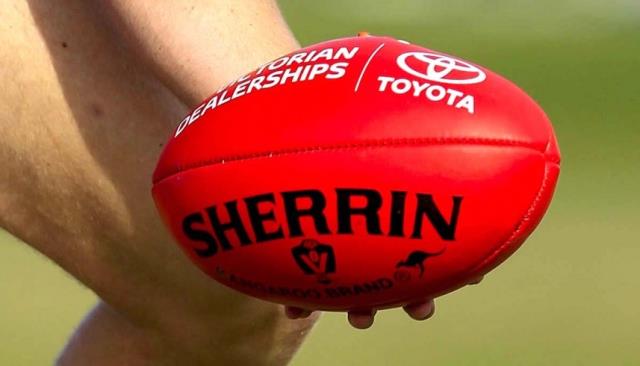A majority of Brimbank residents don’t feel safe in their neighbourhood after dark.
Figures from the latest VicHealth Survey show six of every 10 Brimbank residents are scared when walking alone at night. That is significantly higher than the state average.
The surveyors collected data last year through telephone interviews with more than 22,800 people.
According to the survey, 61.2 per cent of Brimbank residents indicated they felt unsafe when walking alone at night, compared to the state average of 44.9 per cent. Perceptions of safety in Brimbank have remained relatively unchanged for almost a decade. The survey is conducted every four years and is a major health indicator used by all tiers of government to measure a range of factors that impact on an individual’s and a community’s wellbeing.
Victoria Police Inspector for Brimbank and Melton, David Byrt, said the survey’s findings and community perceptions of safety in the area didn’t accurately reflect local crime statistics.
“I can categorically state that Brimbank is safer than it was five years ago when you look at crime figures in terms of total crime numbers. Across a five-year trend, crime is on the way down,” he said.
“From my perspective, we’re on the right path.” However, he did acknowledge that there were pockets of the municipality that posed “challenges” for police.
“It’s all about perception,” Inspector Byrt said. “It’s a challenge for us to convert those facts [crime statistics] into community perceptions.”
The survey also revealed that Brimbank residents reported significantly reduced wellbeing compared with other Victorians.
They scored a resilience measure of 5.8 out of 8, compared to the state average of 6.4, while only 64 per cent of Brimbank residents said people in their neighbourhood were willing to help each other out. The state average was 71.9 per cent.
Just over half (52 per cent) of Brimbank residents said they felt they lived in a closeknit community, and a significantly smaller portion of Brimbank residents agreed that people in their neighbourhood could be trusted (54.6 per cent) compared to the portion of Victorians who agreed (71.9 per cent).
Brimbank residents also ate fewer servings of fruit and vegetables, but they drank more glasses of water.
To improve safety, the council has recently upgraded lighting in Sunshine and St Albans town centres. It encourages residents to get to know each other by offering grants for activities that connect people such as Neighbour Day, while local laws restrict alcohol consumption in public areas.







